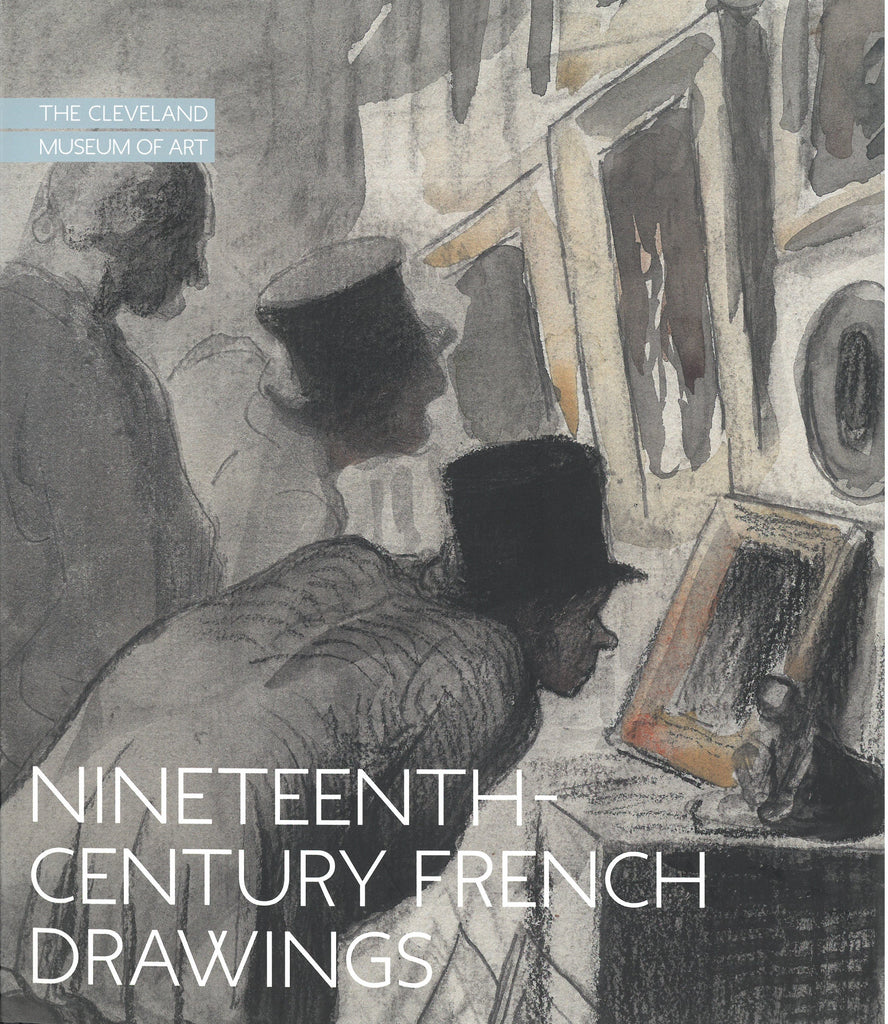Drawing transformed radically in 19th-century France, expanding from a means of artistic training to an independent medium with rich potential for exploration and experimentation. A variety of materials became available to artists—such as commercially fabricated chalks, pastels, and specialty papers— encouraging figures ranging from Jean-Auguste-Dominique Ingres to Paul Cezanne to reconsider the place of drawing within their artistic practices. A growing number of public and private exhibition venues began to feature their creations, building an audience attracted by the intimacy of drawings and their unique techniques and subjects. In France and abroad, museums and individuals alike started to actively acquire these works while they were still contemporary art.
Nineteenth-Century French Drawings at the Cleveland Museum of Art examines the history of this medium, from preparatory graphite sketches to pastels finished for public display. The publication chronicles the remarkable role that drawings—a cornerstone of the museum’s collection since its opening in 1916—have played throughout the institution’s history. Entries provide insight into nearly 50 artists and the place of drawing within their work, while five essays by leading scholars in the field present new research on the making and collecting of drawings in France during this extraordinary period.

